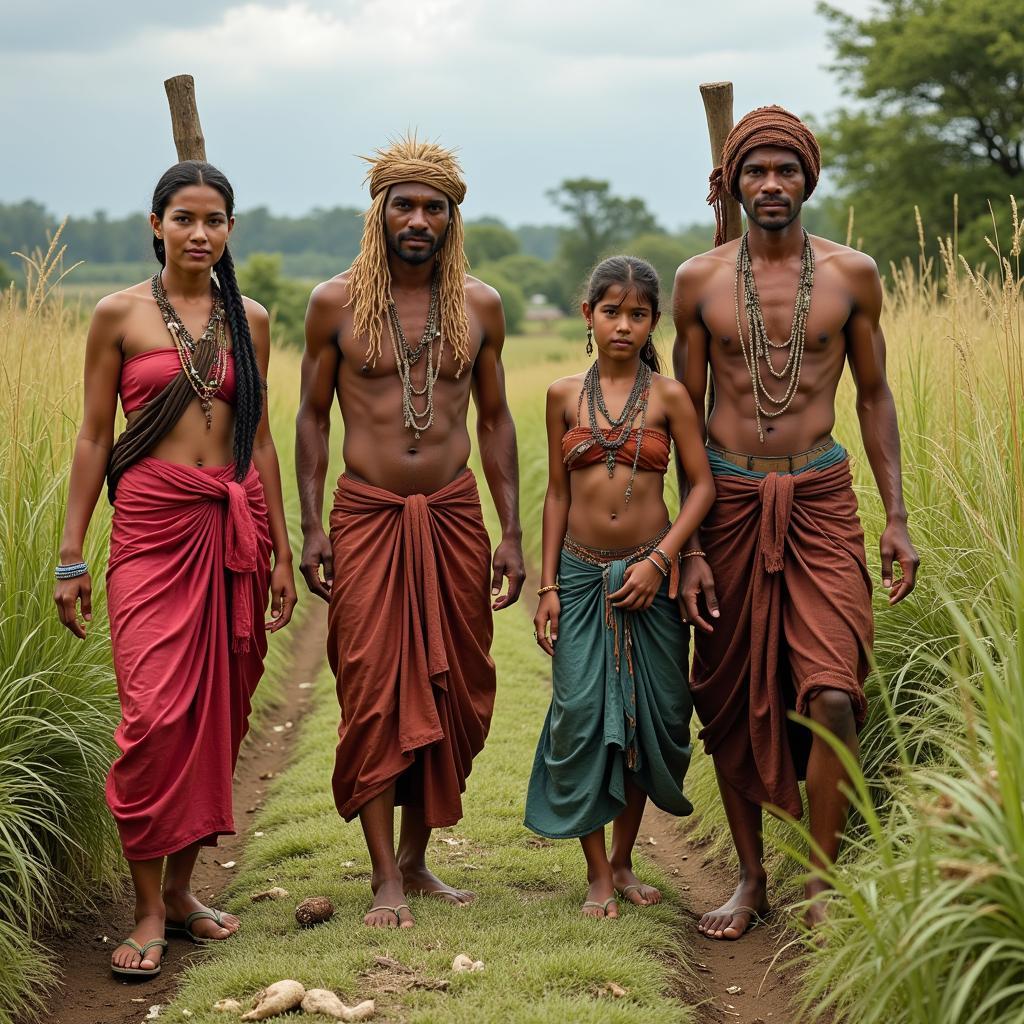The Reality of African Kids and Water
Access to clean, safe water is something many people take for granted. However, for millions of African kids, water represents a daily struggle. The reality is that many children in Africa face significant challenges when it comes to accessing this basic human need. Let’s dive deeper into the reasons behind this crisis and explore the impact it has on their lives.
Water Scarcity: A Growing Concern in Africa
Africa faces a disproportionately high level of water scarcity due to a combination of factors, including:
- Climate Change: Erratic weather patterns, including prolonged droughts, are becoming increasingly common, leading to shrinking water sources.
- Population Growth: As populations increase, so does the demand for water for drinking, sanitation, and agriculture, further straining limited resources.
- Poverty and Lack of Infrastructure: Many communities lack the infrastructure to access and manage existing water sources effectively, leaving them vulnerable to shortages.
The Impact of Water Scarcity on African Kids
The lack of access to safe water has a profound impact on the lives of African children, affecting their health, education, and overall well-being.
Health Risks and Waterborne Diseases
Unsafe water sources and poor sanitation practices expose children to a host of waterborne diseases, including cholera, typhoid, and diarrhea. These preventable illnesses can lead to:
- Malnutrition: Frequent bouts of diarrhea and other illnesses prevent children’s bodies from absorbing essential nutrients, leading to malnutrition and stunting.
- High Child Mortality Rates: Waterborne diseases are among the leading causes of death for children under five in Africa.
- Long-term Health Problems: Even if children survive these illnesses, they can suffer long-term consequences, including impaired cognitive development and chronic health issues.
Education and Lost Opportunities
Instead of attending school, many children, particularly girls, spend hours each day walking long distances to collect water for their families. This leaves them with:
- Limited Time for Education: The time spent fetching water cuts into valuable study time, leading to lower school attendance and academic performance.
- Fewer Opportunities: Girls, in particular, are often tasked with water collection, limiting their opportunities for education and future employment.
- Perpetuation of Poverty: The cycle of poverty is perpetuated as lack of education limits future prospects and economic opportunities.
Solutions and Hope for the Future
Despite these challenges, there is hope. Organizations and communities are working together to implement sustainable solutions, such as:
- Investing in Water Infrastructure: Building wells, boreholes, and rainwater harvesting systems to improve access to safe water sources.
- Promoting Hygiene Education: Educating communities about the importance of sanitation, handwashing, and safe water storage to prevent waterborne diseases.
- Empowering Women and Girls: Involving women in water management decisions and supporting girls’ education to break the cycle of poverty.
Conclusion
The water crisis in Africa is a complex issue with far-reaching consequences for children. By understanding the challenges, supporting sustainable solutions, and raising awareness, we can help ensure that all African kids have access to this fundamental human right. It’s time to work together to turn the tide and create a brighter, healthier future for the next generation.
Frequently Asked Questions (FAQ)
How can I help improve access to clean water in Africa?
You can make a difference by donating to reputable organizations working on water projects, sponsoring a child’s education, or raising awareness about the issue in your community. Every little bit helps.
What are the biggest challenges to solving the water crisis in Africa?
The challenges are multifaceted, including climate change, poverty, lack of infrastructure, and limited access to education and resources.
Is there hope for the future of water security in Africa?
Yes, there is hope. With increased awareness, sustainable solutions, and global collaboration, we can work towards a future where all African children have access to clean water.
What are some innovative solutions being used to address water scarcity in Africa?
Innovative solutions include using solar-powered water pumps, developing drought-resistant crops, and implementing rainwater harvesting techniques.
How can we empower communities to manage their own water resources?
Empowerment comes through education, training programs on water management, and supporting local initiatives that promote sustainable water practices.
Need help? Contact us:
Phone: +255768904061
Email: kaka.mag@gmail.com
Address: Mbarali DC Mawindi, Kangaga, Tanzania.
We have a 24/7 customer support team.

